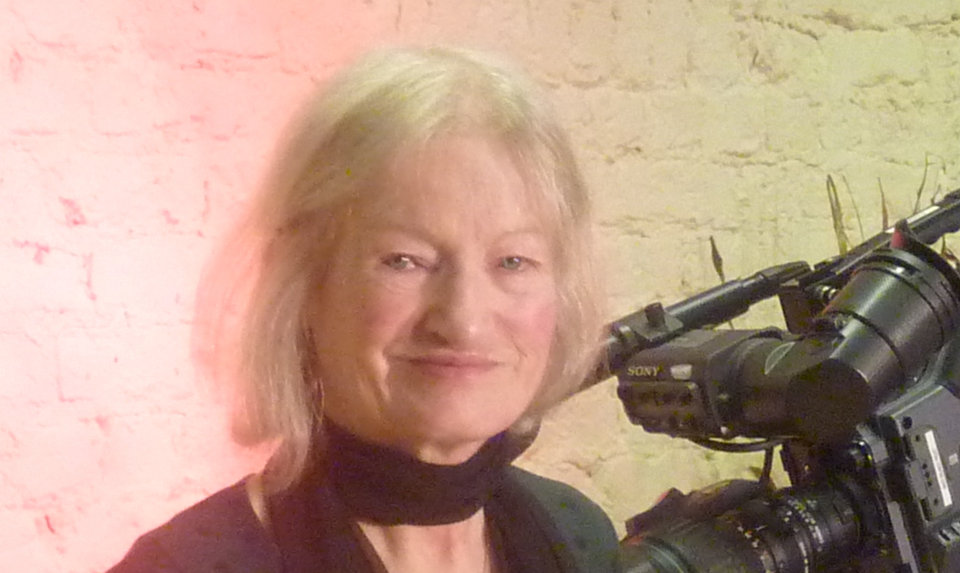Mina’s father was an engineer on RMS Queen Mary, her mother suffered from arthritis. Mina passed her 11+ and was awarded a place at Grammar School but at 15 years, her parents could no longer afford to keep her at the school and so she had to leave. She remembers the influence her grandmother had on her early life.
“My grandmother worked in the mills until she was 79, until the mill closed in Northumberland Street. I used to take her lunch down for her in the Mill, I learnt a lot about the conditions in the mill. She was a great inspiration to me and she’s the one who said ‘hitch your wagon to a star and don’t let go’. She’s the one who insisted on education, she’s the one who didn’t want me to get married when I was 21, which I did, she’s the one who said that wasn’t for me, I was too young”.
Mina married in 1963 and went to live on the Ballygomartin Road. She recalls the late 1960s, the Civil Rights marches and the beginning of the Troubles.
“I knew that after the civil rights march there was going to be trouble, after 1968 we were certain this was going to come”. Mina remembers the Dover Street riot in 1969. “I couldn’t believe this was Belfast, and there was gun fire and there were people running everywhere and nobody knew what to do. By the time 1970 came, there were children who went on a mock evacuation to Scotland from the Woodvale, in anticipation that there was going to be civil war and that the children weren’t going to be safe.”
The increasing violence led to Mina collecting donations for a community centre. “Before we knew it we had a wooden community centre on Percy Street. It had been a bomb site since the war, since 1941”.
It would be the beginning of Mina’s involvement with community work. “I ended up being first Secretary of the House Wives Club, I ended up being youth leader of Percy Street Community Centre, it was a place where we kept kids safe and off the street.”
Mina became involved in many campaigns in the community, including the housing campaigns which were being led by community activists such as Jackie Redpath at the time. “We had a protest one night in February where we slept out in sleeping bags to prove that it was better sleeping out in the open than in the conditions of some of the houses. The ‘Weetabix’ flats were built by then. I think people went into them because they wanted to be with neighbours, once they got into them they did not like them. I think they walked into them because they didn’t want their neighbourhood broken up.”
The flats were eventually demolished.“That’s a day I didn’t think would come because I didn’t think anybody was listening and the day they were knocked down, I was happy.”
In 1987, Mina was the victim of a robbery. After taking money the robbers locked Mina and an assistant manager in a drainage space inhabited by rats for over an hour. After this ordeal Mina returned to work but suffered agoraphobia and it was too much for her. “For seven months I sat in the house and I planned the Shankill Stress and Trauma Group, the only thing that got me out through the door was when I sold my car to put some money into the Trauma Centre.”
“The dream was it would be a place where people would be professionally counselled, we started off with very little.”
“I think there is a lack of confidence in people to speak out and say that’s right, that’s not right, and do something about it and be listened to.”




